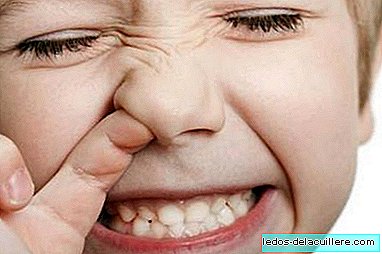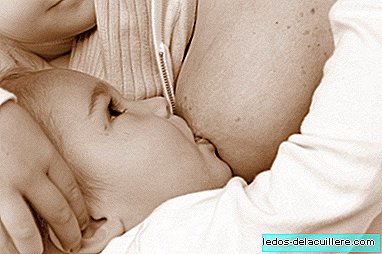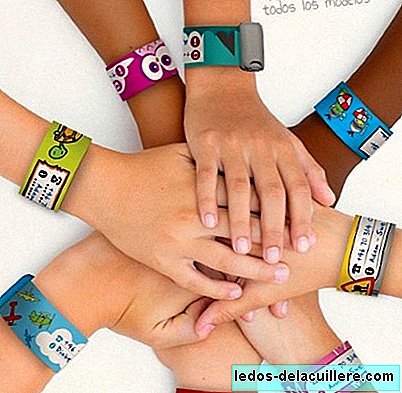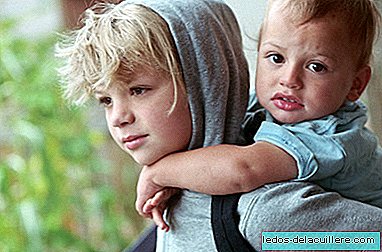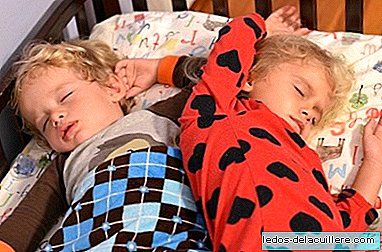
With the arrival of the Christmas holidays the consequences of suffering nocturnal enuresis More patents are made for many children because they cannot go to the homes of family or friends for the night. Children suffering from nocturnal enuresis suffer loss of urine in bed, during sleep and generally do not wake up after urination. There must be two or more episodes of leaks per month to talk about bedwetting and it is considered a problem after five years.
Nighttime bedwetting is more common in boys than in girls and, if left untreated, the problem can persist into adulthood. Many parents believe that their children will overcome the nocturnal enuresis with age, because they blame it, mistakenly, for jealousy, stress, or some concern. The truth is, in 85% of cases it is a hereditary problem. According to the latest research, the key is in a gene on chromosome 13, although other genes and chromosomes that could also be related are being studied.
The antidiuretic hormone is synthesized in the brain and is responsible for regulating the amount of urine, its level is constant during the day and increases at night to reduce urine production. Enuretic people, for reasons still unknown, do not release more hormone at night, with urine production equalizing with the day, the bladder then fills and involuntary loss occurs during sleep.
The nocturnal enuresis affects 15% of 5 year olds and 10% of 7 year olds. With this problem the children stop doing some collective activities, the complexes, the shame and the decrease of the school performance and the self-esteem arrive, which affects the family balance. In fact, pediatricians believe that enuresis in children between 8 and 16 years old is perceived as the most traumatic event after divorce and fighting between parents.
The lack of information has turned the problem into a taboo subject. According to 83% of pediatricians, most parents do not usually go to the office So about 70% of children are not diagnosed correctly. The prevention of bedwetting goes through its identification as a health problem and the pediatrician is a key piece because it can rule out more serious pathologies associated with bedwetting such as diabetes, infections or malformations of the urinary tract. In addition, the pediatrician provides information about the problem, and will determine the treatment to be followed, whether it is the adoption of behavioral measures, medical treatment, etc.
It is important to know that there are effective and safe treatments for this problem, being the pediatrician who can guide the parents for their solution.
In Peques and More | Bedwetting Image | Joe Shlabotnik


